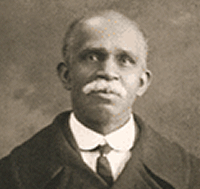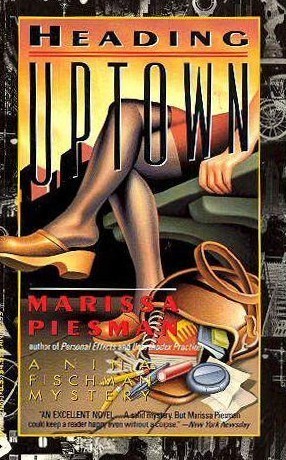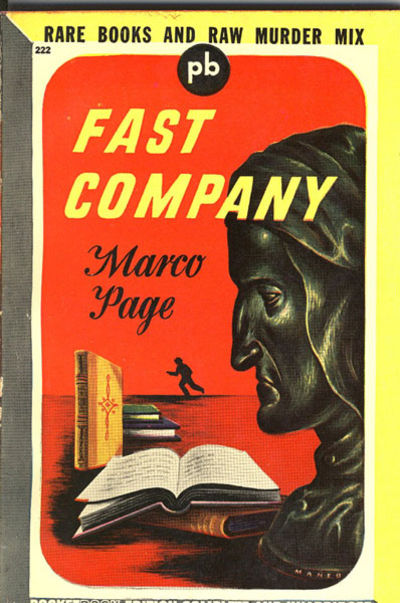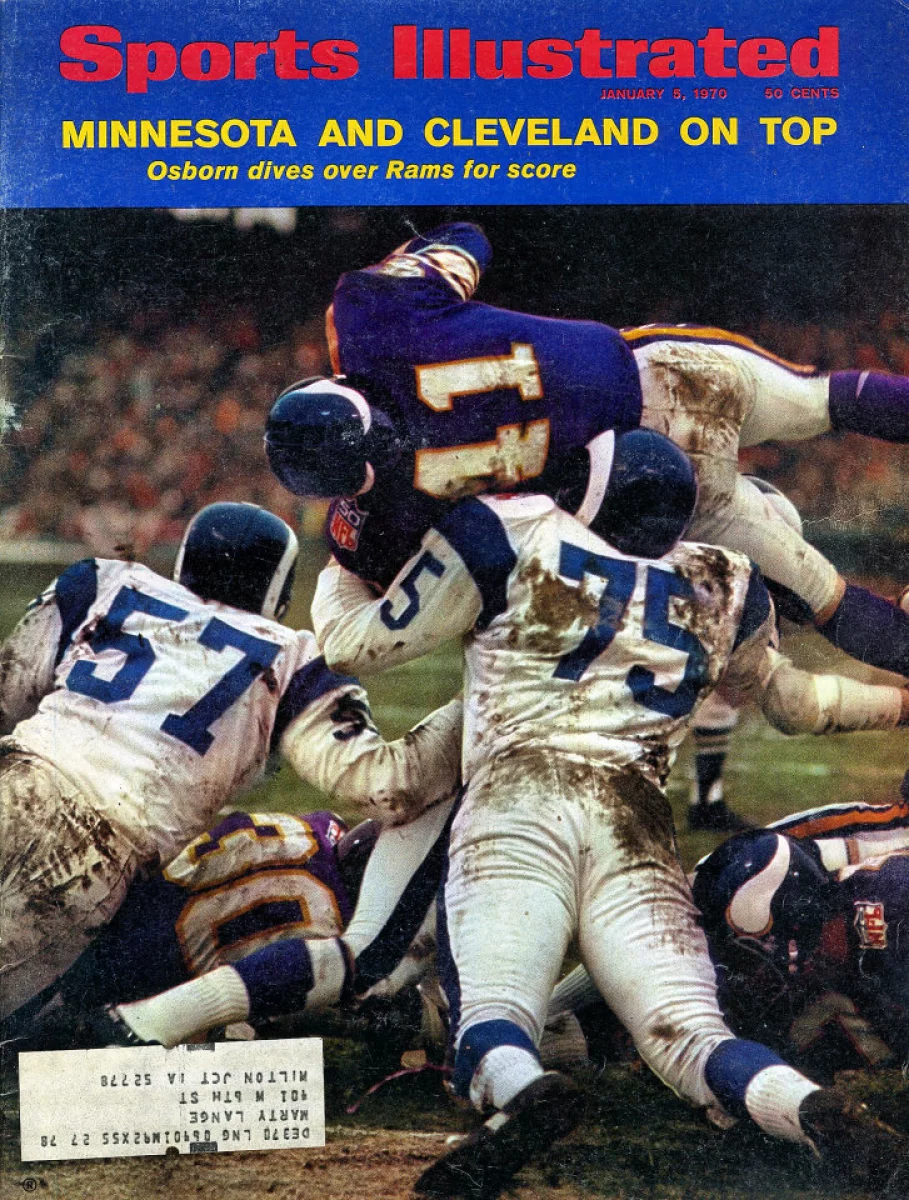Welcome to episode 13 in our continuing investigation of our genre's history.
 |
| Bruce |
August 7, 1885. Dornford Yates was born. Besides being a soldier and attorney he was a writer of humor and then of very successful thriller novels, known as the Chandos series. He was apparently a nasty piece of work, not even accounting for his typical 1920s attitudes toward foreigners and women.
August 7, 1924. John E. Bruce died on this day. He had been born a slave. He grew up to be a journalist and civil rights activist. His novel The Black Sleuth is one of the earliest mysteries by an African American.
August 7, 1937. San Quentin premiered. This movie was actually partially filmed in the famous prison. It starred Humphrey Bogart as a prisoner and Pat O'Brien as a guard who is dating Bogie's sister.
August 7, 1940. "The Case of the Gentleman Poet" was published. It was the last of the series of stories Eric Ambler wrote while waiting to be enlisted in the British armed forces. They were collected in a book called, logically enough, Waiting for Orders.
August 7, 1949. Martin Kane, Private Eye premiered on radio. During the three years it was on the air the P.I. was played by William Gargan, Lloyd Nolan, and Lee Tracy. The TV version started a month after the radio series and starred the same three actors, plus Mark Stevens, all playing the same part (though not in the same episodes, I hope.) On TV Kane was always smoking a pipe. By sheer coincidence, I guess, the sponsor was a tobacco company.
August 7, 1951. Ray Bradbury's "The Pedestrian" appeared in Reporter Magazine. It is sort of science fiction, sort of crime story, and all social commentary. Still worth reading (you can find it on the web, but I don't know about copyright status so I won't link to it.) Bradbury, you may remember, said "I'm not trying to predict the future. I'm trying to prevent it."
August 7, 1953. The Band Wagon premiered. It was a Fred Astaire/Cyd Charisse dance
movie. So why is on my list? Because it includes "GIRL HUNT: A Murder
Mystery in Jazz."
August 7, 1962. On this date Archie Goodwin received a blood-stained necktie in the mail. Thus began Rex Stout's "Blood Will Tell," a Nero Wolfe novella which appeared in EQMM and was reprinted in Trio For Blunt Instruments. (Stout liked that latter title so much he offered the man who suggested it part of the royalties.)
August 7, 1962. On the same day in South Africa, Trompie Kramer met Mickey Zondi. The unlikely partnership of White and Black police officers fueled James McClure's excellent novels about crime under apartheid. Confusingly, this meeting was reported in the last McClure novel, The Song Dog.
August 7, 2011. Publication date for Murder in Havana, by Margaret Truman. Or should I say "by" Margaret Truman? Donald Bain and William Harrington both claimed to be the ghost writer of her Capital Crimes series.








